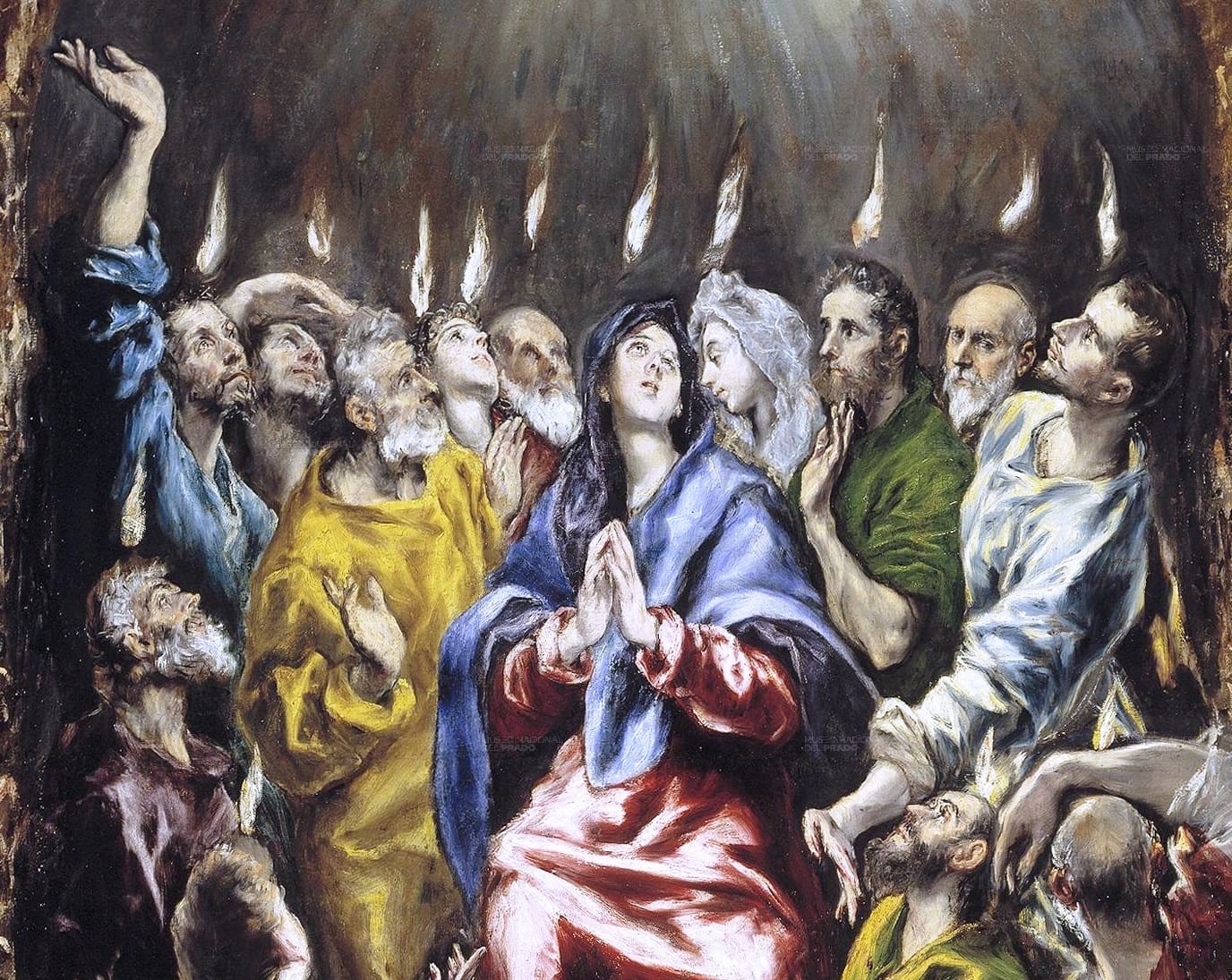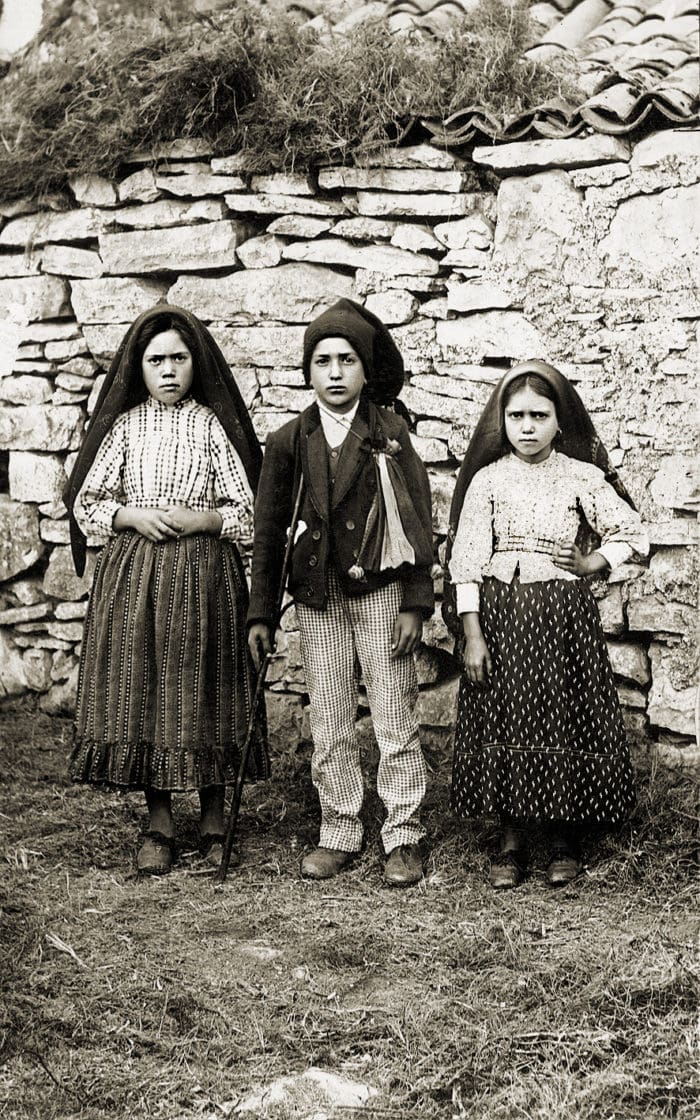The following excerpt comes from Capuchin Father Raniero Cantalamessa, preacher of the pontifical household, and his sermon on the third Sunday of Advent. Full text is available at www.cantalamessa.org.
Pope Benedict XVI also wrote of “sober intoxication” in The Spirit of the Liturgy when considering the nature of the Church’s language—a regular topic in Adoremus Bulletin. What Pope Benedict means by this peculiar phrase is that the Word spoken by the praying Church is the Logos—Word—which is “logical,” “reasonable,” and “sober.” But the air or breath that sounds the Word is that of the Holy Spirit—as in “spirits”—which is an inebriant and intoxicant. Thus, the Church’s liturgical language, which is a cooperation of Logos and Spirit, is best characterized in figurative language as a kind of “sober intoxication” or “drunken [Spirited] speech [Word].”
A stanza of the hymn at Lauds for the Fourth Week of the Breviary says,
And may Christ be food to us,
and faith be our drink,
and let us joyfully taste
the sober intoxication of the Spirit.
What led the Fathers to take up the theme of “sober intoxication,” already developed by Philo of Alexandria, was the text in which the Apostle exhorts the Christians in Ephesus that says, “Do not get drunk with wine, for that is debauchery; but be filled with the Spirit, as you sing psalms and hymns and spiritual songs among yourselves, singing and making melody to the Lord in your hearts” (Eph 5:18-19).
Starting with Origin, there are countless texts from the Fathers that illustrate this theme, alternating between the analogy and the contrast of physical intoxication and spiritual intoxication. The likeness lies in the fact that both types of intoxication infuse joy; they make us forget our troubles and make us escape ourselves. The contrast lies in the fact that while physical intoxication (from alcohol, drugs, sex, success) makes people shaky and unsteady, spiritual intoxication makes people steady at doing good. The first intoxication makes people come out of themselves to live below the level of reason; the second makes people come out of themselves to live above the level of their reason. Both use the word “ecstasy” (the name recently given to a deadly drug!), but one is an ecstasy downward and the other is an ecstasy upward.
St. Cyril of Jerusalem writes that those who thought the apostles were drunk at Pentecost were correct; they were mistaken only in attributing that drunkenness to ordinary wine, whereas it was “new wine” pressed from the “true vine,” who is Christ. The apostles were intoxicated, yes, but with that sober intoxication that puts to death sin and brings life to the soul.
Drawing on the episode of water flowing from the rock in the desert (see Ex 17:1-7) and on Paul’s comment about it in the First Letter to the Corinthians (“All drank the same supernatural drink…and all were made to drink of one Spirit” [1 Cor 10:4; 12:13]), Saint Ambrose wrote, “The Lord Jesus poured out water from the rock and all drank from it. Those who drank it only symbolically were satisfied; those who drank it in very truth were inebriated. Inebriation of this sort is good and fills the heart without causing the feet to totter. Yes, it is a good inebriation. It steadies the footsteps and makes sober the mind…. Drink Christ, for he is the vine; drink Christ, for he is the rock from which the water gushes forth…. Drink Christ, that you may drink His words…. Divine scripture is imbibed, divine scripture is eaten when the juice of the eternal word runs through the veins of the mind and enters into the vital parts of the soul.
1. St. Ambrose’s hymn “Splendor paternae gloriae” [“O Splendor of the Father’s Glory”], in Brian P. Dunkle, En- chantment and Creed in the Hymns of Ambrose of Milan (Oxford, UK: Oxford University Press, 2016), p. 222.
2. See, among many examples, On the Creation of
the World in Philo: Philosophical Writings, ed. Hans Lewy (Oxford: East and West Library 1946), p. 55. See Legum allegoriae 1, 84, “methe nefalios.”
3. See St. Cyril of Jerusalem, e Catechetical Letters of St. Cyril of Jerusalem, 17, 18-19, reprint of Nicene and Post-Nicene Fathers, Second Series, vol. 7 (N.p.: Veritatis Splendor, 2014), p. 592; see PG33, p. 989.
4. St. Ambrose, Commentary on Twelve Psalms, 1, 33, trans. ĺde M. NíRian (Dublin: Halcyon Press, 2000), p. 21; see also PL 14, pp. 939-940.


